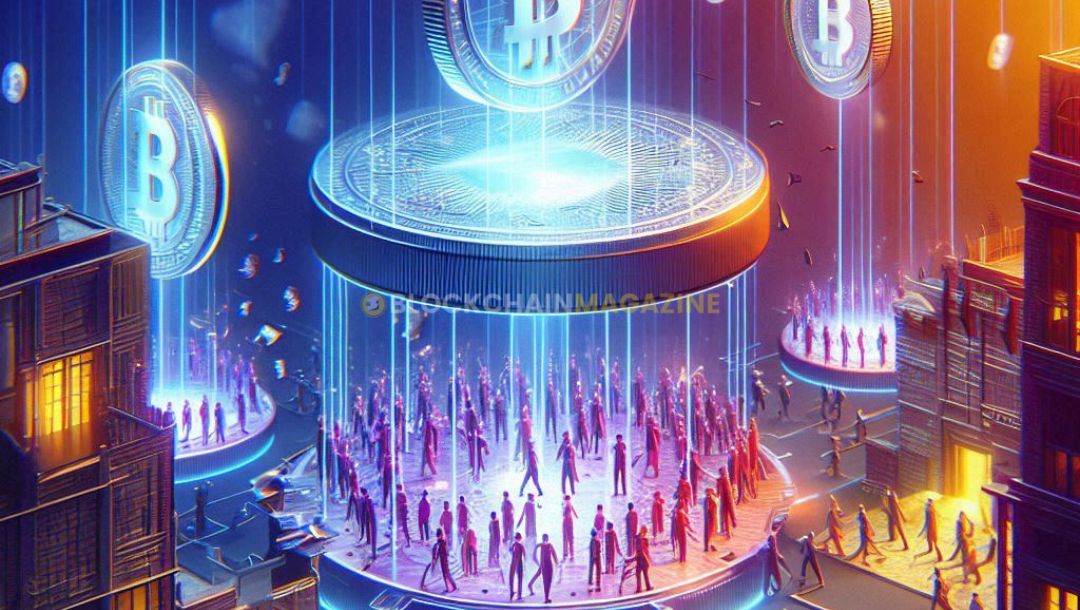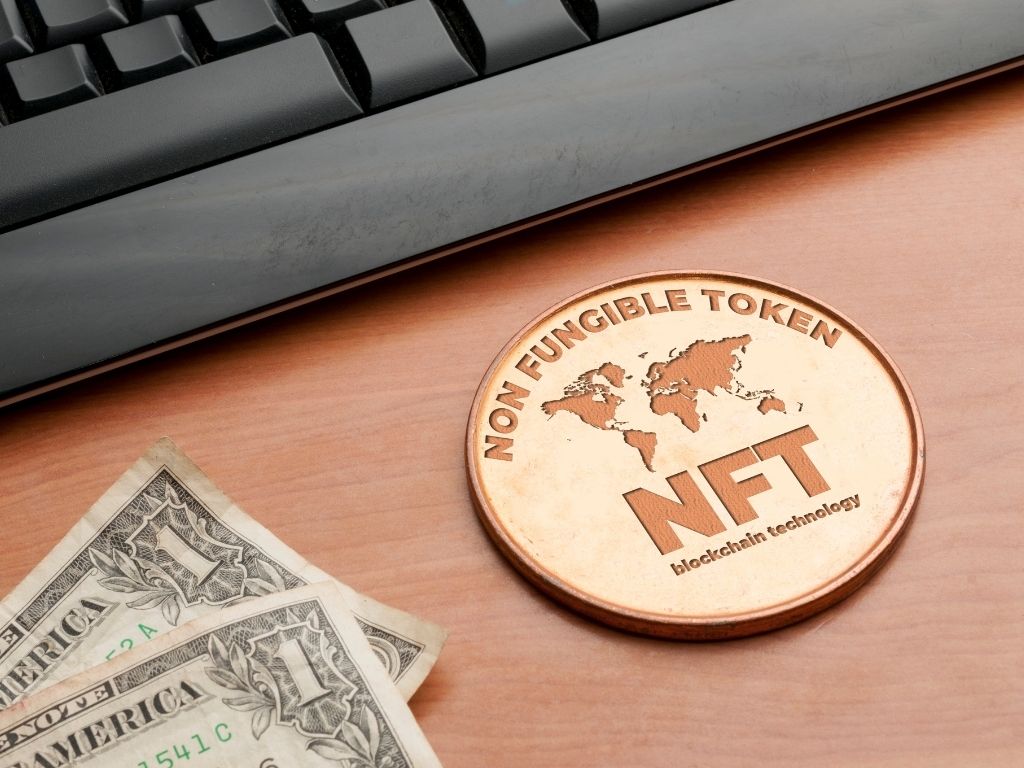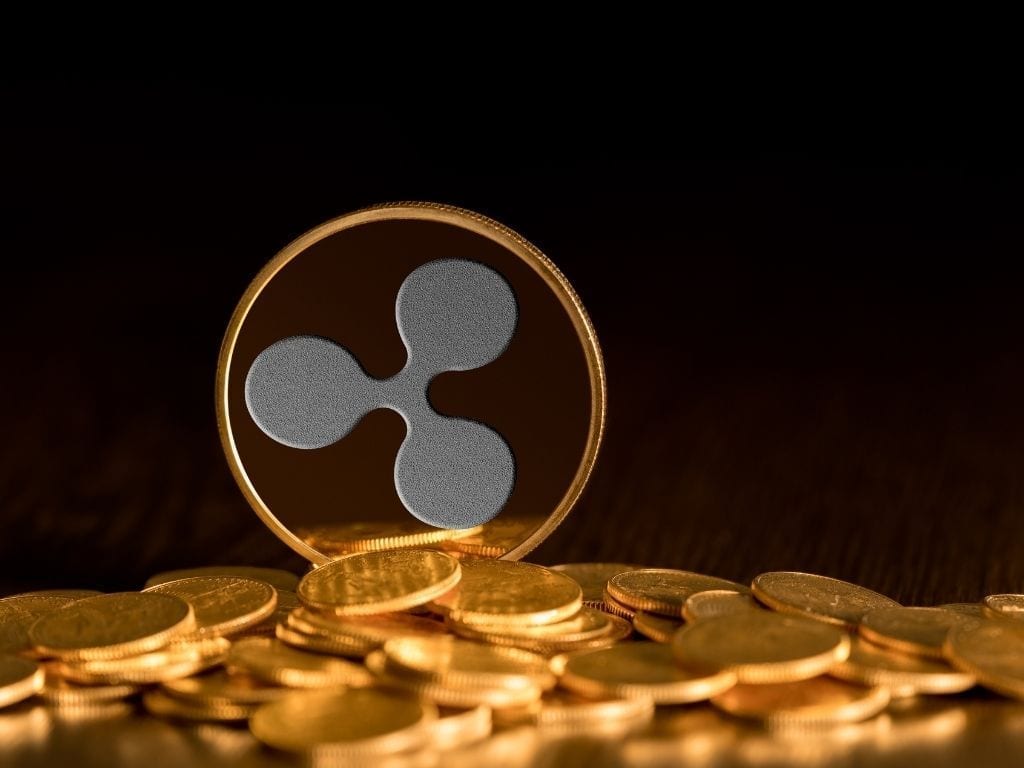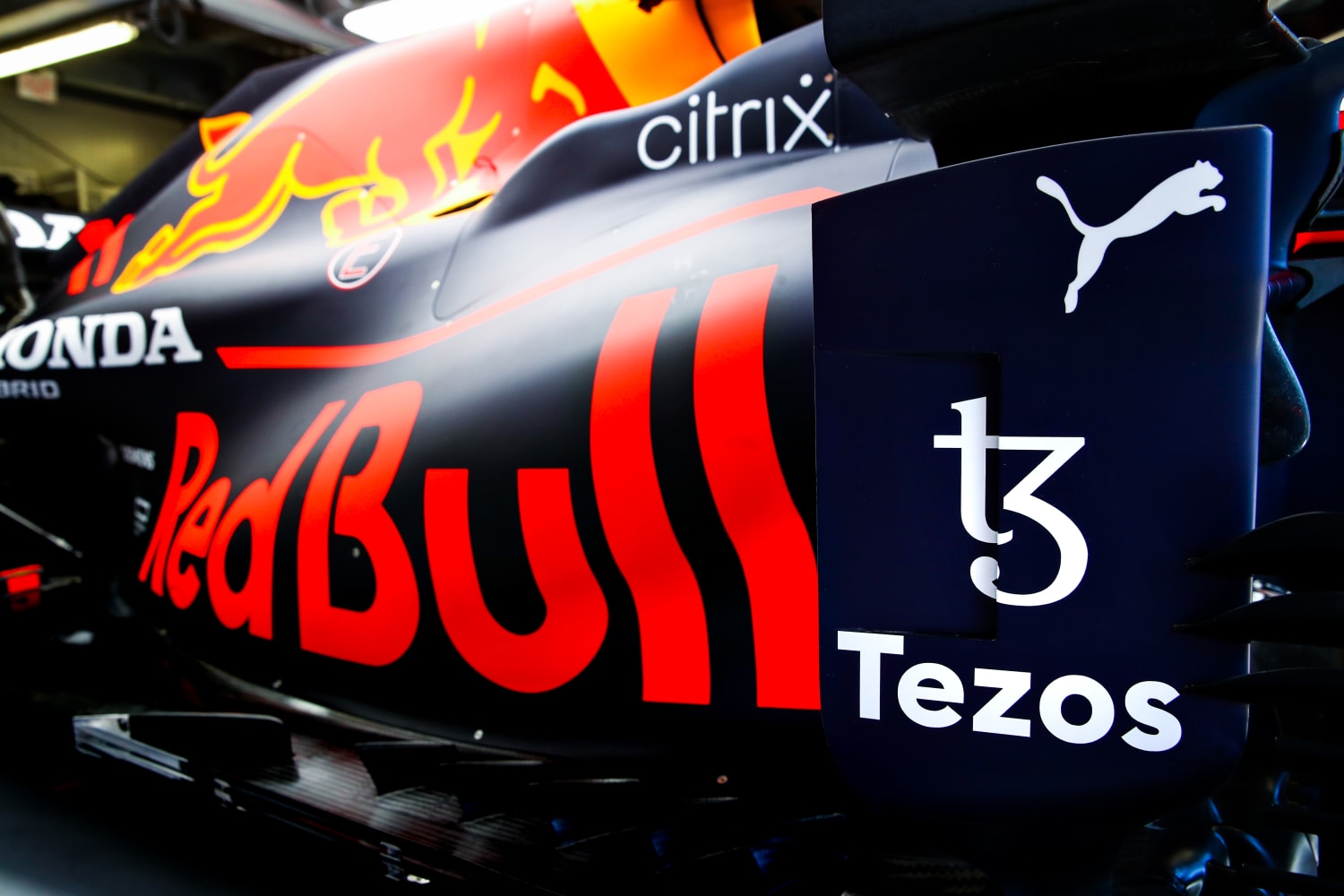Best Ways NFTs Are Revolutionizing Royalties in the Music Industry In 2024 And Beoynd
NFTs, or non-fungible tokens, are changing how musicians earn money and connect with their fans. By using blockchain technology, artists can sell their music directly to fans, ensuring they receive fair compensation. This article explores how NFTs are reshaping royalties in the music industry, making it easier for artists to keep control of their work and earn money from it.
Key Takeaways
- NFTs allow musicians to sell their music directly to fans, cutting out middlemen.
- With NFTs, artists can earn royalties every time their music is resold.
- Blockchain technology provides a clear record of ownership and royalties.
- NFTs create unique experiences for fans, like exclusive content or events.
- Musicians can use NFTs to build stronger connections with their audience.
Understanding NFT Royalties in the Music Industry
The Basics of NFTs and Blockchain
NFTs, or non-fungible tokens, are unique digital assets that represent ownership of a specific item, like a song or artwork. They are built on blockchain technology, which ensures that ownership is secure and transparent. This technology allows artists to maintain control over their work even after it is sold.
How NFTs Ensure Transparent Royalties
NFTs provide a clear way to track who owns a piece of music and how much money is made from it. This is important because traditional systems often leave artists in the dark about their earnings. With NFTs, every sale and transfer is recorded on the blockchain, making it easy to see how royalties are distributed.
| Aspect | Traditional System | NFT System |
|---|---|---|
| Royalty Tracking | Often unclear | Transparent and clear |
| Payment Timing | Delayed | Instant |
| Ownership Verification | Difficult | Easy and secure |
Smart Contracts and Automated Payments
Smart contracts are self-executing contracts with the terms of the agreement directly written into code. They automate payments to artists whenever their music is sold or streamed. This means artists can receive their fair share without waiting for intermediaries. Smart contracts help ensure that artists are paid fairly and promptly.
NFTs are changing the way artists earn money, making the process more efficient and fair.
In summary, NFTs are revolutionizing how royalties are managed in the music industry by providing transparency, ensuring fair payments, and allowing artists to retain control over their work.
The Impact of NFTs on Traditional Music Revenue Models
Challenges with Legacy Royalty Systems
The traditional music industry has long faced issues with royalty distribution. Artists often receive a small fraction of the revenue generated from their work. NFTs offer a solution by providing a more direct way for artists to earn from their creations. This shift can help artists gain a fairer share of the profits.
How NFTs Address Revenue Distribution Issues
NFTs can change how revenue is shared in the music industry. Here are some key points:
- Direct payments to artists without intermediaries.
- Smart contracts that automatically distribute royalties based on sales.
- Increased transparency in how funds are allocated.
| Revenue Model | Traditional System | NFT System |
|---|---|---|
| Artist Earnings | Low | Higher |
| Royalty Distribution | Complex | Automated |
| Transparency | Limited | High |
Case Studies of Artists Benefiting from NFTs
Several artists have successfully used NFTs to enhance their revenue:
- 3LAU raised $11.6 million by selling NFTs linked to his album.
- Kings of Leon generated $2 million from their NFT album release.
- Steve Aoki created evolving NFTs that reward fans based on song streams.
The rise of NFTs is reshaping the music landscape, allowing artists to reclaim control over their work and earnings.
In summary, NFTs are not just a trend; they are a powerful tool that can help artists navigate the challenges of traditional music revenue models.
New Opportunities for Artists Through NFTs
Direct-to-Fan Sales and Engagement
NFTs are changing how artists connect with their fans. By selling directly to fans, musicians can keep more of their earnings. This direct approach allows artists to:
- Offer exclusive content, like behind-the-scenes videos.
- Create limited edition releases that fans can own.
- Build a closer relationship with their audience.
Creating Unique Fan Experiences with NFTs
Artists can use NFTs to create special experiences for their fans. For example, they can:
- Bundle music with digital art.
- Offer virtual meet-and-greets.
- Provide access to exclusive concerts.
These unique experiences make fans feel more connected to the artists they love.
Building Sustainable Careers with NFT Royalties
NFTs can help artists earn money in new ways. With NFT royalties, artists can receive payments every time their work is sold or resold. This means:
- Artists can earn money long after their initial sale.
- They can create a steady income stream.
- They have more control over their financial future.
NFTs are not just a trend; they are reshaping how artists earn and connect with their fans.
In summary, NFTs offer artists exciting new ways to engage with their fans, create unique experiences, and build sustainable careers. The potential for growth and innovation in the music industry is immense, making it an exciting time for artists to explore these opportunities.
Types of Music NFTs and Their Uses
Music NFTs are changing how artists and fans interact. They come in various forms, each offering unique benefits:
Audio and Visual NFTs
- Audio NFTs: These can be full songs, albums, or unique sound clips. Artists can sell their music directly to fans, ensuring they receive fair compensation.
- Visual NFTs: This includes album artwork, music video clips, and digital concert posters. These visuals can be sold as collectibles, adding value to the music experience.
Experience and Access NFTs
- VIP Access: Fans can purchase NFTs that grant them special access to concerts or events.
- Meet-and-Greets: Some NFTs offer fans the chance to meet their favorite artists.
- Exclusive Online Events: Artists can host special virtual performances for NFT holders.
Royalty and Collectible NFTs
- Royalty NFTs: These represent a share in a song’s royalties, allowing fans to earn money when the music is played.
- Collectible NFTs: Limited edition digital or physical merchandise that fans can buy and trade.
Music NFTs not only empower artists but also create a new way for fans to engage with their favorite musicians. This shift is reshaping the music industry.
In summary, the different types of music NFTs provide artists with innovative ways to monetize their work while offering fans unique experiences and ownership opportunities. As the market grows, the potential for creativity and revenue will continue to expand, making NFTs a vital part of the music landscape.
Challenges and Considerations in Adopting Music NFTs
Copyright and Intellectual Property Concerns
The rise of music NFTs brings unique challenges related to copyright and ownership. Artists must navigate:
- Lack of clear regulations in the blockchain space.
- Risks of copyright infringement and plagiarism.
- Difficulties in resolving disputes over ownership rights.
Blockchain Scalability Issues
While NFTs offer exciting possibilities, there are significant hurdles:
- High energy consumption of blockchains like Ethereum raises environmental concerns.
- Limited transaction speeds can hinder the sale of music NFTs.
- Fluctuating transaction fees can impact artists’ profits.
Market Volatility and Economic Risks
The NFT market is known for its price volatility, which can be daunting for artists and fans alike. Key issues include:
- The need for coherent price regulation to mitigate risks.
- Ensuring asset liquidity as the market continues to grow.
- Potential for sudden drops in NFT values, affecting artists’ earnings.
As the music NFT landscape evolves, addressing these challenges will be crucial for sustainable growth and artist success.
Future Outlook for NFT Royalties in the Music Industry
Predictions for NFT Adoption
The future looks bright for NFTs in the music world. More artists are expected to embrace NFTs, leading to a shift in how music is created and shared. As more musicians join this trend, we can expect:
- Increased visibility for independent artists.
- More direct sales between artists and fans.
- Enhanced fan engagement through unique experiences.
Potential Innovations in Music NFTs
Innovations are on the horizon that could change the game for music NFTs. Some exciting possibilities include:
- Dynamic NFTs that evolve based on fan interaction.
- Integration of NFTs with streaming platforms for rewards.
- New types of NFTs that offer exclusive content or experiences.
The Role of Record Labels and Intermediaries
As NFTs gain traction, the role of traditional record labels may change. They might:
- Adapt to support artists in NFT sales.
- Collaborate with platforms to enhance artist visibility.
- Focus on providing value through marketing and promotion rather than just distribution.
The rise of NFTs could lead to a more equitable music industry, where artists have greater control over their work and earnings.
In summary, the future of NFT royalties in the music industry is promising. With ongoing innovations and a shift in how artists connect with fans, we may see a more sustainable and artist-friendly landscape emerge.
Conclusion
In summary, NFTs are changing how musicians earn money and connect with their fans. By using blockchain technology, artists can now sell their music directly and keep more of the profits. This new way of sharing music helps ensure that creators get paid fairly, even when their work is sold again. Fans also benefit by owning a piece of their favorite artist’s work and enjoying special perks. As more musicians embrace NFTs, the music industry is likely to become more balanced and supportive of artists, allowing them to thrive creatively and financially.
Frequently Asked Questions
What are NFTs in music?
NFTs, or non-fungible tokens, are unique digital items linked to music. They can represent songs, albums, or even concert experiences, allowing fans to own a part of the music.
How do NFTs help musicians with royalties?
NFTs ensure that artists get paid every time their music is sold or resold. This means they can earn money from their work even after it’s sold.
What are the benefits of NFTs for fans?
Fans can own a piece of their favorite artist’s work, get special perks like concert tickets, and support artists directly without middlemen.
Are there risks involved with music NFTs?
Yes, there are risks like market changes and copyright issues. Fans and artists should be aware of these before getting involved.
How do NFTs change the way music is sold?
NFTs allow artists to sell directly to fans, cutting out traditional music labels and giving artists more control over their earnings.
What is the future of NFTs in the music industry?
The future looks promising as more artists explore NFTs. They could lead to new ways of making and sharing music.
Stay informed with daily updates from Blockchain Magazine on Google News. Click here to follow us and mark as favorite: [Blockchain Magazine on Google News].
Get Blockchain Insights In Inbox
Stay ahead of the curve with expert analysis and market updates.
latest from tech
Disclaimer: Any post shared by a third-party agency are sponsored and Blockchain Magazine has no views on any such posts. The views and opinions expressed in this post are those of the clients and do not necessarily reflect the official policy or position of Blockchain Magazine. The information provided in this post is for informational purposes only and should not be considered as financial, investment, or professional advice. Blockchain Magazine does not endorse or promote any specific products, services, or companies mentioned in this posts. Readers are encouraged to conduct their own research and consult with a qualified professional before making any financial decisions.

 Bitcoin
Bitcoin  Ethereum
Ethereum  Tether
Tether  XRP
XRP  Solana
Solana  Dogecoin
Dogecoin  USDC
USDC  Lido Staked Ether
Lido Staked Ether  Cardano
Cardano  TRON
TRON  Avalanche
Avalanche  Chainlink
Chainlink  Toncoin
Toncoin  Wrapped stETH
Wrapped stETH  Shiba Inu
Shiba Inu  Wrapped Bitcoin
Wrapped Bitcoin  Sui
Sui  Stellar
Stellar  Polkadot
Polkadot  Hedera
Hedera  Hyperliquid
Hyperliquid  WETH
WETH  Bitcoin Cash
Bitcoin Cash  LEO Token
LEO Token  Uniswap
Uniswap  Litecoin
Litecoin  Pepe
Pepe  Wrapped eETH
Wrapped eETH  NEAR Protocol
NEAR Protocol  Ethena USDe
Ethena USDe  USDS
USDS  Aptos
Aptos  Aave
Aave  Internet Computer
Internet Computer  Cronos
Cronos  POL (ex-MATIC)
POL (ex-MATIC)  Mantle
Mantle  Ethereum Classic
Ethereum Classic  Render
Render  WhiteBIT Coin
WhiteBIT Coin  Monero
Monero  MANTRA
MANTRA  Dai
Dai  Bittensor
Bittensor  Artificial Superintelligence Alliance
Artificial Superintelligence Alliance  Arbitrum
Arbitrum  Ethena
Ethena 



